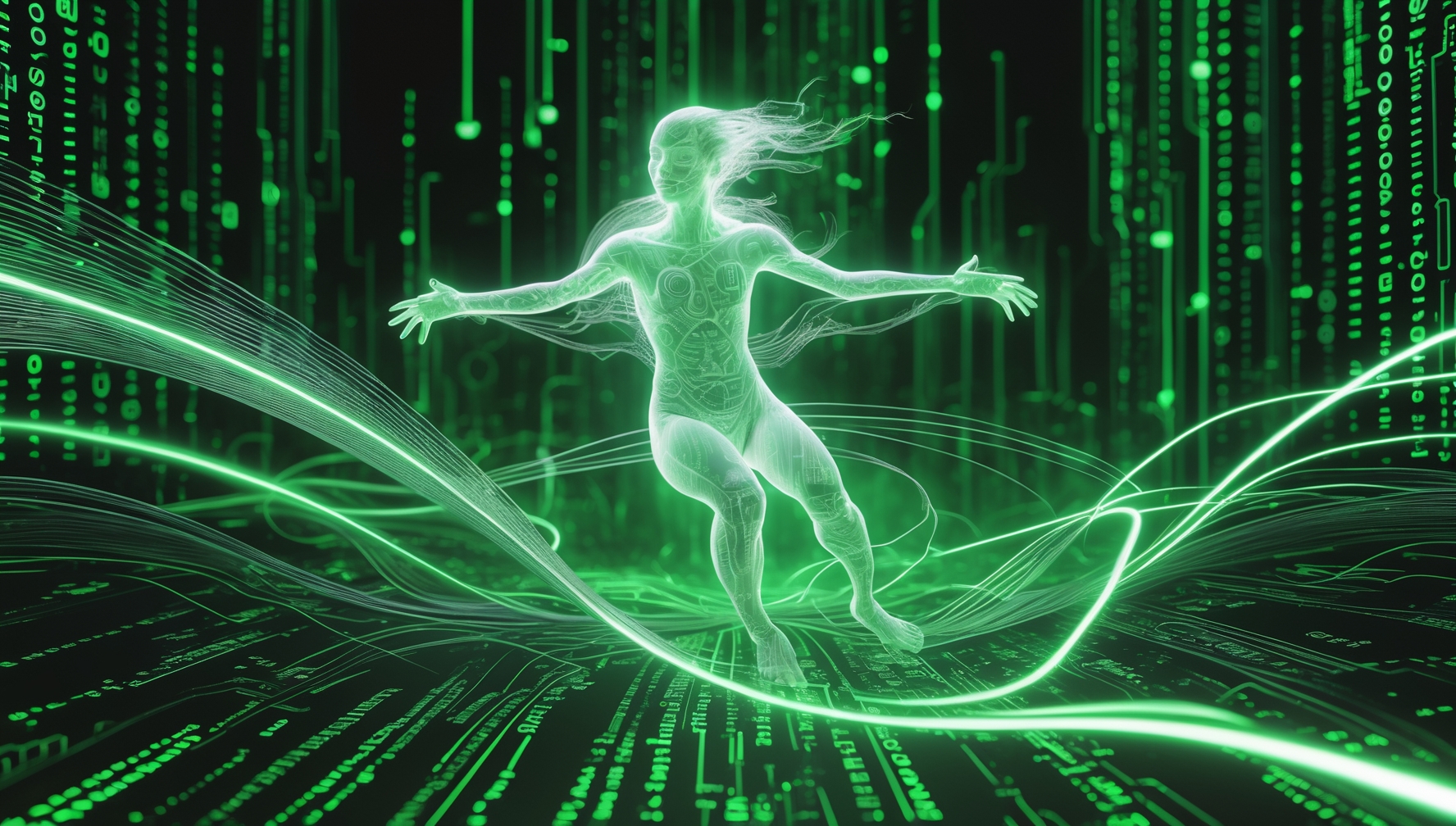Exploring the Boundaries of Consciousness: Astral Projection and the Nature of Reality

Astral projection, also known as an out-of-body experience (OBE), is one of the most fascinating and controversial phenomena of consciousness. During these experiences, individuals report feeling detached from their physical bodies and perceive their surroundings from an external perspective. Particularly intriguing are cases where OBEs involve precise and verifiable observations—experiences that challenge conventional understandings of what consciousness is and where its limits lie.
Verified Perceptions and the Nature of Consciousness
Verified out-of-body experiences (OBEs) offer a unique perspective on the exploration of consciousness and the nature of reality. In these instances, individuals report perceiving information—such as specific details about objects, places, or events—that they should have no way of knowing. For example, someone might accurately describe a location they have never visited or recount an event happening in another place while they were "projected." These extraordinary cases are closely tied to the concept of non-local perception, where consciousness seems capable of transcending the physical boundaries of location.
Interestingly, verified OBEs share notable similarities with the phenomenon of remote viewing, in which individuals perceive and describe objects or locations that may be thousands of kilometers away. Both experiences challenge our understanding of space, distance, and the limitations of sensory perception, suggesting that consciousness may operate in ways far beyond our current scientific grasp. Whether these experiences are framed as non-local awareness, expanded perception, or something entirely new, they offer fertile ground for reevaluating the relationship between mind, body, and the physical world.
Physiological and Psychological Effects
Astral projection is not just about gathering observations; in some cases, experiencers report significant physiological effects, such as recovery from illnesses or traumatic injuries. This raises questions about the interaction between consciousness and the body, and whether altered states of consciousness can influence physical well-being. Many experiencers describe their OBEs as intensely "real"—sometimes even more real than their normal waking state. This vividness makes the phenomenon particularly compelling and challenges attempts to dismiss it as a mere dream, hallucination, or neurological anomaly.
OBEs are distinctly different from dreams and other altered states of consciousness. Experiencers emphasize their clarity, the precision of details, and a continuous sense of self. Unlike dreams, which can feel foggy or inconsistent, OBEs often involve coherent and, in some cases, "hyper-real" perceptions of the world.
Skeptical Interpretations and Scientific Challenges
While verified OBEs provide strong arguments for their reality, skeptics propose several alternative explanations. Most skeptical interpretations are rooted in neurological or psychological mechanisms, such as sleep paralysis, oxygen deprivation in the brain, or disruptions in the temporo-parietal junction. These explanations suggest that OBEs are entirely illusions created by the brain. However, many experiencers and researchers point out that these models fail to account for the verifiable observations or the profound sense of reality that characterizes OBEs.
Scientific research into OBEs faces unique challenges. Since the experience is subjective, it is difficult to measure using traditional scientific methods. This has led some researchers to propose a phenomenological approach, aiming to combine subjective reports from experiencers with potential objective observations. Furthermore, OBEs challenge the traditional scientific definition of reality: if consciousness can indeed operate outside the body, it compels us to rethink our understanding of both humanity and the universe.
New Perspectives on Consciousness and Reality
Astral projection is much more than an intriguing phenomenon—it is a potential gateway to the deepest dimensions of consciousness. Verified experiences suggest that consciousness may have aspects we do not yet fully understand. This raises new questions: Is consciousness truly independent of the brain? Can it interact with the physical world in ways we have yet to measure? And ultimately—what is reality?
OBEs are undoubtedly one of the most promising areas of exploration for understanding consciousness and reality. They compel us to critically examine traditional views of the human experience and open the door to entirely new possibilities. Whether you are a skeptic, a believer, or somewhere in between, astral projection provides an opportunity to challenge your assumptions and reflect on the deepest nature of reality.
References
De Foe, Alexander. Consciousness Beyond the Body: Evidence and Reflections. 2016 (Amazon Link)